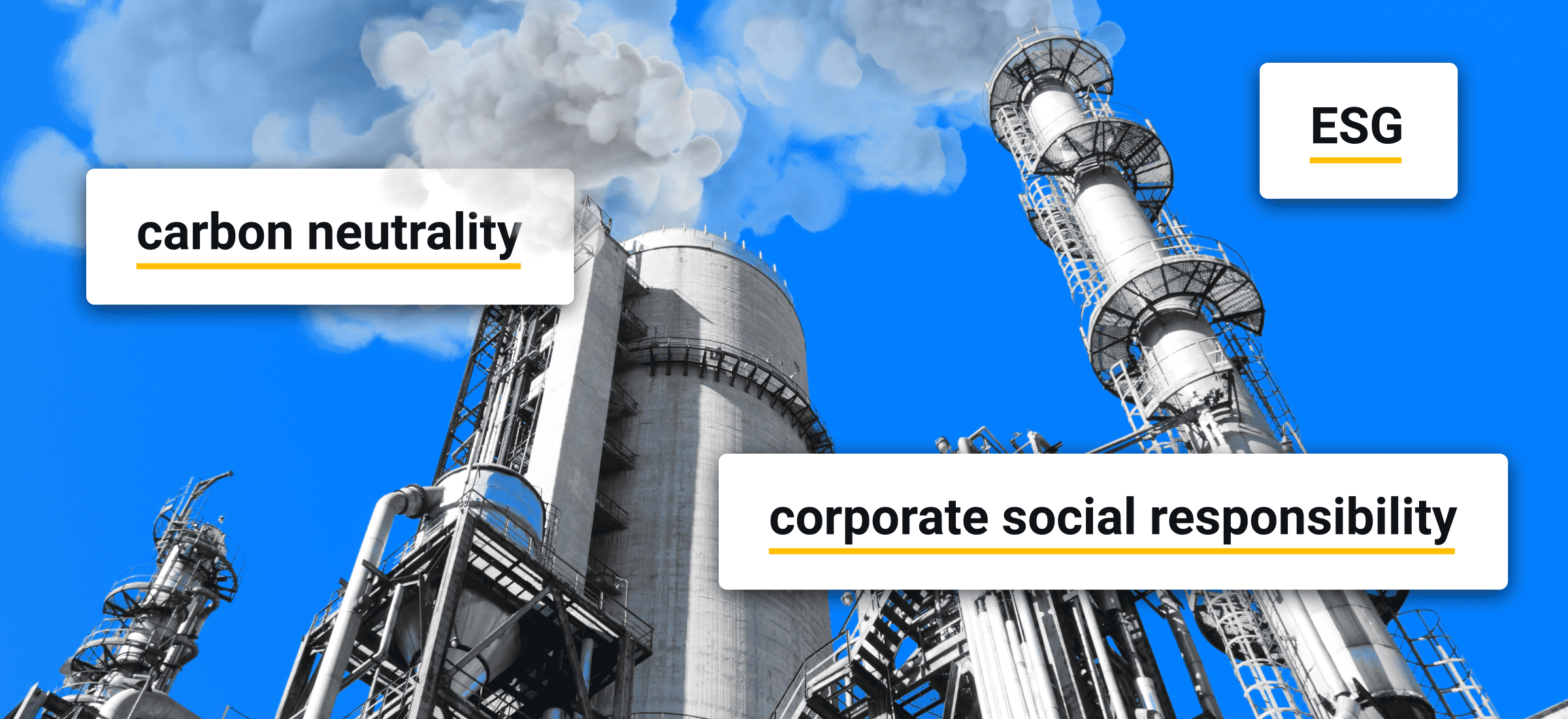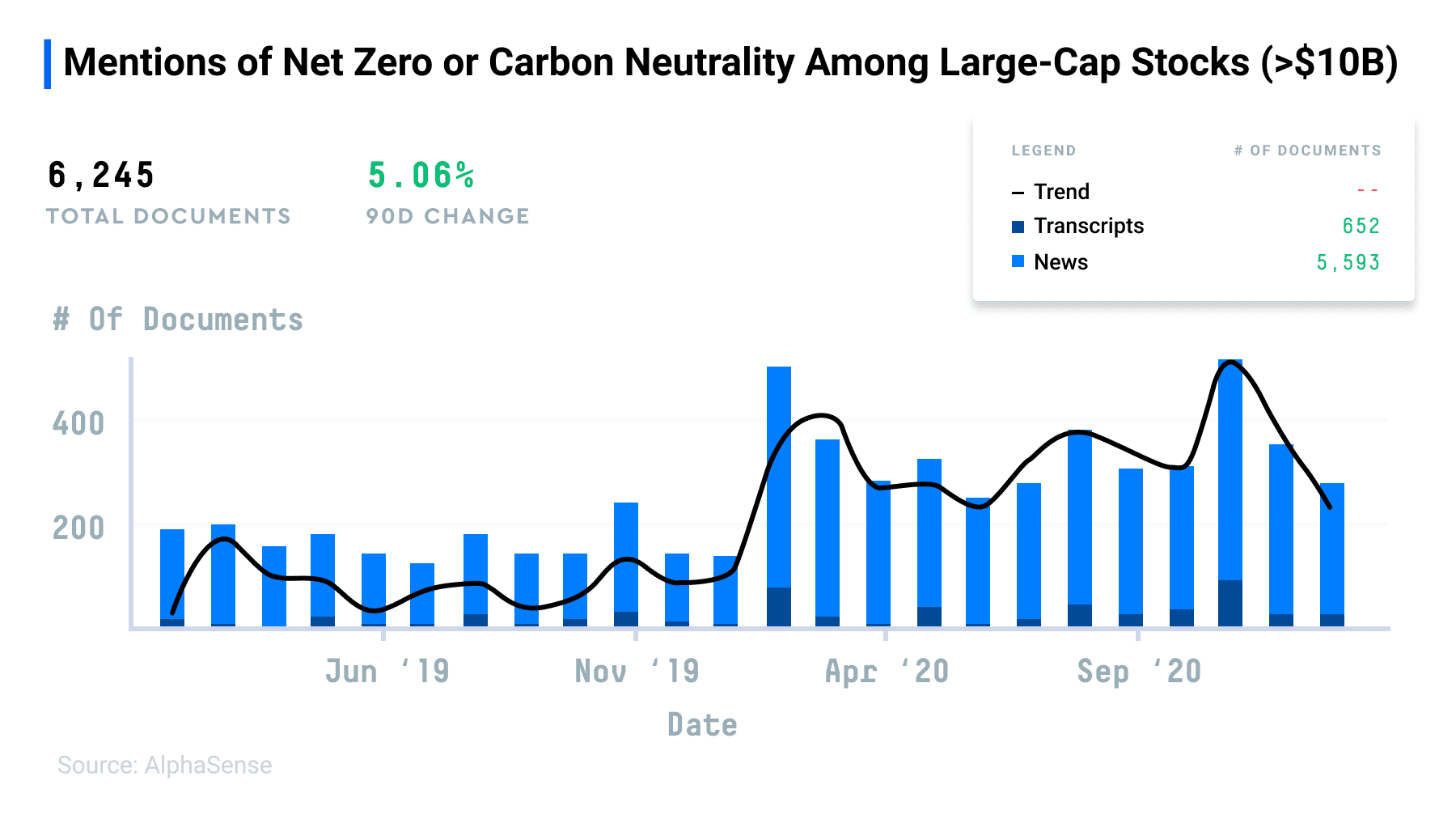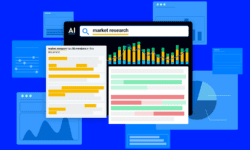According to The Carbon Majors Database, 100 of the world’s largest companies have been responsible for 71% of global GHG emissions since 1998, a leading cause of global warming. Of that same total, 32% of all emissions come from public investor-owned companies.
Over the last six months, many large-cap companies have made commitments to achieve carbon neutrality or net-zero emissions, noting that COVID-19 highlighted the importance of ESG. This sentiment was echoed in BlackRock CEO Larry Fink’s 2021 Letter to CEOs, where he warned corporate executives to quickly address climate change or face financial consequences.
Government bodies have started to shift as well. Last week, California lawmakers proposed The Climate Corporate Accountability Act, or SB 260, which would require businesses to disclose a thorough inventory of their carbon emissions each year. This bill would apply to all companies making more than a billion dollars a year in California, regardless of where the company is headquartered.
The conversation around ESG has become more prominent since the start of the pandemic, but in reality, the trend has been growing for years. Mentions of net-zero strategies and carbon neutrality have been increasing year over year in earnings transcripts, SEC filings, press releases, and investor relations presentations.
Looking deeper into AlphaSense data, we can see that Utilities, Oil, Gas & Consumable Fuels, and Banks mentioned carbon neutrality and carbon reduction the most in 2020.
| Industry Name | Documents | % of Total Mentions |
| Electric Utilities | 1050 | 16% |
| Multi-Utilities | 678 | 10% |
| Oil, Gas & Consumable Fuels | 471 | 7% |
| Banks | 426 | 7% |
| Automobiles | 314 | 5% |
| Metals & Mining | 302 | 5% |
| Chemicals | 208 | 3% |
| Electrical Equipment | 183 | 3% |
| Diversified Telecommunication Services | 170 | 3% |
| Pharmaceuticals | 162 | 3% |
To better understand how corporate teams are adapting to a world now-focused on ESG, we have compiled a list of 20 large-cap companies that have shared their climate commitments within the last six months, with over half pledging to reach net-zero emissions by 2030. Interested in ESG and climate commitments? Download AlphaSense’s Sustainable Success Report or track the trend in our 2020 End of Year Report.
Climate Commitments and Carbon Neutrality Strategies: Large-Cap Companies
Within the last six months, the following large-cap companies have announced new climate commitments and carbon neutrality goals post-COVID. Dig into the full list of companies sharing their climate commitments and carbon neutrality strategies.
| Company | Commitment | Document Link |
| Mastercard | Pledge to reach net-zero emissions by 2050. Working towards its SBTi-approved goal to reduce total Scope 1 and 2 emissions by 38% and Scope 3 emissions by 20% by 2025 from a 2016 baseline. | Mastercard Pledges Net Zero Emissions; Innovates for Collective Climate Action |
| Clorox | Achieved its goal of 100% renewable electricity for its U.S. and Canadian operations four years earlier than originally planned (1/25/2021) | Clorox Achieves Goal of 100% Renewable Electricity for U.S. and Canada |
| Boeing | Committed that its commercial airplanes are capable and certified to fly on 100% sustainable aviation fuels by 2030. Will reduce carbon emissions by 50% from 2005 levels by 2050. | Boeing Commits to Deliver Commercial Airplanes Ready to Fly on 100% Sustainable Fuels |
| Equinix | Pledges to be carbon neutral by 2030 as a part of the Climate Neutral Data Centre Operator Pact and Self-Regulatory Initiative. | Equinix Joins European Cloud and Data Center Providers to Make Historic Pledge Towards Climate Neutrality by 2030 |
| Bristol Myers Squibb | By 2030, the company will purchase 100% of the electricity it uses from renewable sources, and by 2040, it will be carbon neutral in its Scope 1 (direct) and Scope 2 (indirect) emissions and reach the targets of equitable water use, zero waste to landfill and 100% electric vehicles in its fleet. | Bristol Myers Squibb Strengthens its Commitment to the Environment with New Corporate Goals |
| GE | Committed to carbon neutrality by 2030 and announced intention to exit the new-build coal power market. | GE Releases Position on Climate Change: Calls for Accelerated Deployment of Renewables & Gas Power To Drive Impactful, Faster Decarbonization |
| GM | Committed to carbon neutrality in its global products and operations by 2040 and has committed to setting science-based targetsⁱⁱ to achieve carbon neutrality. The company has also signed the Business Ambition Pledge for 1.5⁰C, | General Motors, the Largest U.S. Automaker, Plans to be Carbon Neutral by 2040 |
| Xcel Energy | Xcel Energy has a goal to reduce carbon emissions 80% by 2030 (over 2005 levels) and ultimately deliver 100% carbon-free electricity to customers by 2050. | Xcel Energy 2020 Year End Earnings Report |
| Amgen | Launched a new set of long-term targets which will have us achieve carbon neutrality by 2027, have us reducing water consumption by some 40% and waste by some 75%, again, through the end of 2027. | Amgen: JP Morgan Healthcare Conference Transcript |
| The Walt Disney Company | By 2030: achieving net-zero greenhouse gas emissions for direct operations by 2030; purchasing/producing 100% zero-carbon electricity for all operations; sourcing sustainable materials for paper, wood, and palm oil | The Walt Disney Company Sets 2030 Environmental Goals |
| Exxon Mobil | Committed to net-zero by 2050 | Exxon Mobil 2021 Energy & Carbon Summary |
| Costco | Introduced a 10-point plan to reduce carbon emissions of direct operations and supplier operations. | Costco Annual General Meeting |
| Boston Scientific | Committed to 100% renewable energy by 2024 and carbon neutrality in manufacturing and distribution by 2030. | Boston Scientific JP Morgan Healthcare Conference Presentation |
| Apple | Committed to carbon neutrality across its entire business, manufacturing supply chains, and product life cycle by 2030. Apple is already carbon neutral for its corporate emissions | Apple Notice of 2021 Annual Meeting of Shareholders & Proxy Statement |
| In Q3 set a new goal to reach net-zero carbon emissions for its value chain in 2030. This is in addition to its current plans for its global operations to achieve net-zero carbon emissions and be 100% supported by renewable energy by the end of 2020 and beyond. | Facebook Q3 2020 Earnings Call | |
| Amazon | In 2020, the tech giant became the world’s largest purchaser of renewable energy. It plans to run operations with 100% renewable energy, five years ahead of the company’s initial target of 2030; delivering its Shipment Zero vision to make all shipments net-zero carbon, with 50% net-zero carbon by 2030; and purchasing 100,000 electric delivery vehicles, the largest order ever of electric delivery vehicles | Amazon Becomes World’s Largest Corporate Purchaser of Renewable Energy, Advancing its Climate Pledge Commitment to be Net-zero Carbon by 2040 |
| Coca-Cola | Aspires to become net-zero by 2040 across its entire value chain, and it will reduce its absolute greenhouse gas emissions by 30% by 2030 | Coca-Cola 2020 10K |
| Microsoft | Committed to be carbon negative by 2030 and remove from the environment all the carbon it has emitted directly or by electrical consumption by 2050. The company has been carbon neutral since 2012 and is committed to promoting sustainable development and low-carbon business | 2020 Microsoft Corporate Social Responsibility Report |
| Unilever | 100% renewable energy by 2030, with an interim milestone of 100% renewable grid electricity worldwide by 2020—which was achieved in January 2020. In June 2020, Unilever committed to net zero emissions from all its products, from sourcing to point of sale, by 2039. | Unilever Climate Transition Action Plan |
| Google has been carbon neutral each year since 2007. Now, it is committed to run its operations purely on carbon-free energy by 2030. Announced in Q3 that it has purchased enough carbon offsets to essentially cancel out all the planet-heating carbon dioxide emissions the company has released since it was founded in 1998. | Alphabet CDP Climate Change Response |




